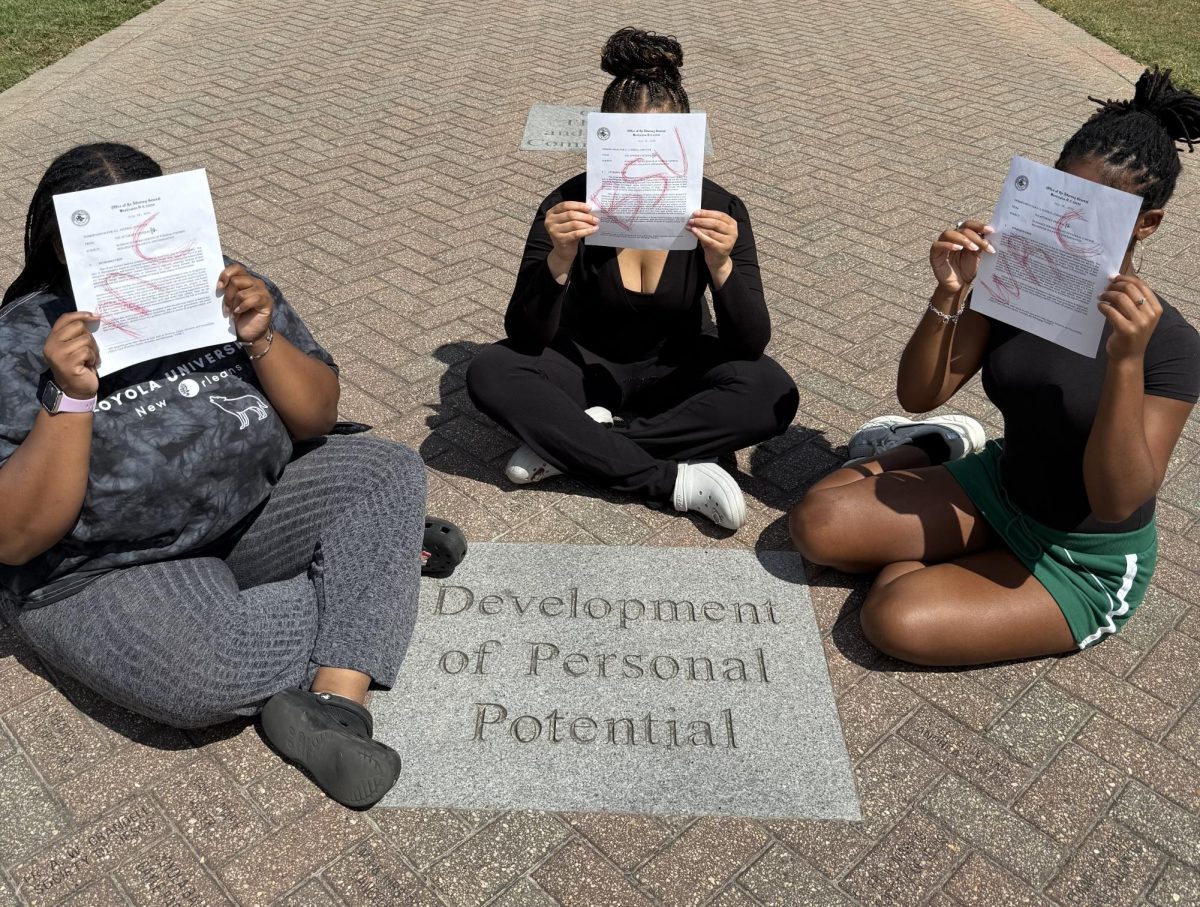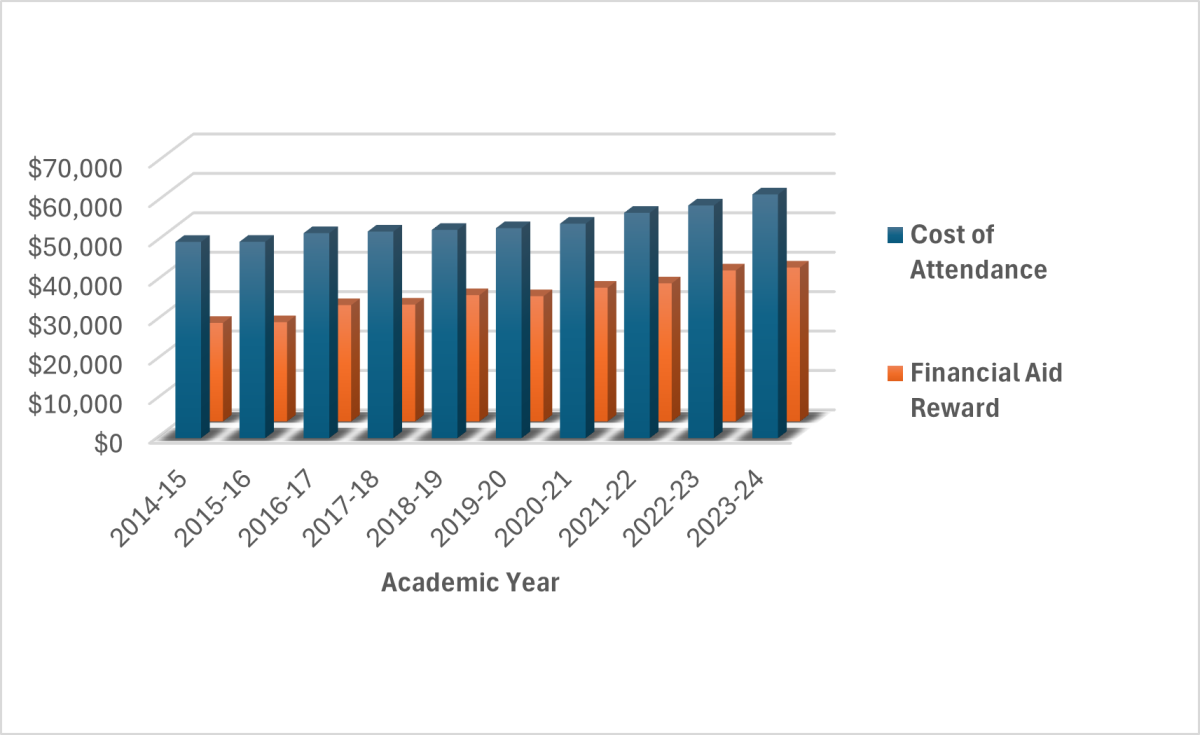At one of Loyola’s recent faculty senate meetings, concerns were raised by faculty members about raises given to the university’s law school faculty, but not to any faculty members in other colleges at Loyola.
Loyola faced a financial struggle in 2018, with frozen salaries and reduced retirement benefits until 2021. Full-time and associate professors were making 25% below the national average, according to a faculty senate meeting in September 2023.
Questions about faculty wages arose as members expressed concerns over raises exclusively for faculty members at the College of Law.
Isabel Medina, a professor at the College of Law, said she felt positive and supported by the raises for law faculty, but noted that much remains to be addressed for other faculty members.
“The last two salary studies Loyola conducted consistently showed that College of Law faculty compensation reflected more compression than other colleges, particularly at the professor level,” Medina said. “What that means is that, due to the lack of raises for over 10 years, law faculty salaries simply did not keep up with other law schools. When entry-level law faculty salaries in 2025 exceed what many of our most accomplished professors currently make, that is a problem for Loyola.”
The university recently raised the salaries of some professors across the community. The first recent raise for academics and staff was distributed to all colleges, but not all faculty members received it, according to Medina.
During the Senate meeting, President Cole responded to some of the concerns by assuring that the university is working to improve the situation at the law school.
“We will continue to do what we can when we need to give raises,” Cole said.
However, for Medina, while the raises for law professors are a victory, she says the work is not done.
Medina said administrative salaries have kept up with the median/mean of their respective markets, but faculty salaries have not.
“That is not equitable,” she said.“I am committed to advocating for cost-of-living raises for all faculty and salaries that are competitive across all disciplines.”
Cole cited that the College of Law has seen strong enrollment growth in recent years, including growth in its redesigned evening juvenile defense program, as the reason faculty there received the raises.
“The growth resulted in significant added net revenue, which helped the university balance the budget, given the drop in undergraduate enrollment we’ve experienced over the last three years,” Cole said. “While the increased revenue wasn’t enough to give salary increases to all faculty and staff, it did provide the opportunity to continue salary adjustments, supporting the growing law programs this time.”
In response to faculty concerns about the disparity in salary increases between the law school and other colleges, Cole said although the increases weren’t universal, the university would continue working toward salary adjustments for all employees.











